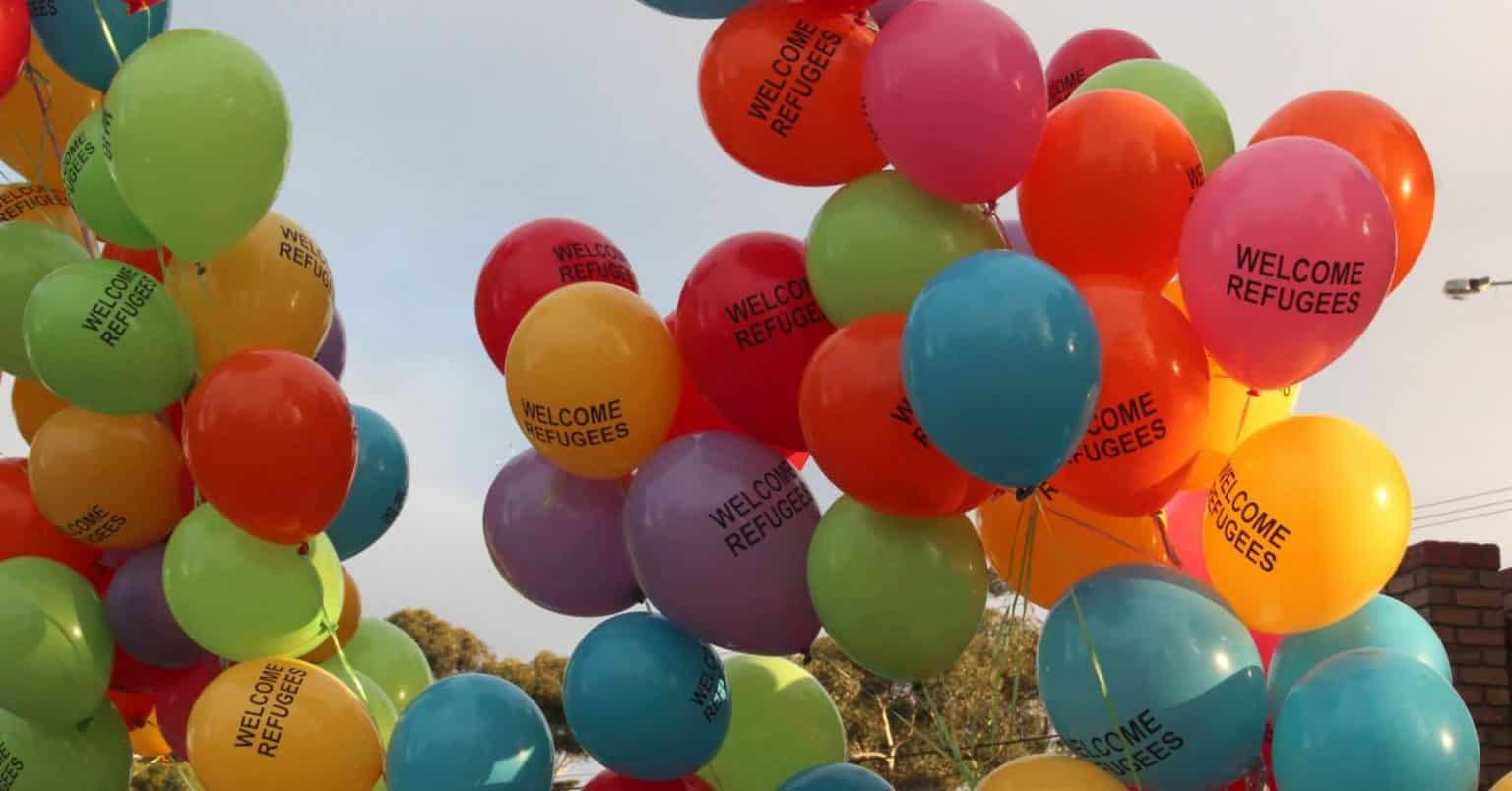While all Dublin member states assess whether a foreigner is a refugee, many also recognise humanitarian protection based on national or international legal norms.
Humanitarian protection can be based on a legal obligation or discretion, meaning humanitarian protection practice is different from one country to the other as the asylum practice is. More or less the same interpretation questions arise.
Humanitarian protection
Humanitarian protection against forcible return is sometimes accorded when:
- someone is threatened by the death penalty without being a refugee,
- someone is threatened by torture or inhumane treatment without being refugee,
- someone needs urgently a medical treatment which is not available at home,
- someone is in danger at home for another reason (see section “Are you a refugee?”)
- someone has strong family links to a person living in the Dublin State and one depends on the other,
- a minor wouldn’t be looked after when returned home,
- for other humanitarian reasons (cultural or weak family links).
Can a refugee avoid the application of Dublin II by saying: ”I apply only for humanitarian protection, but not for asylum”? Dublin II deals with ”applications for the refugee status” (asylum applications) and other ”applications for international protection” which are examined together with the asylum applications. Article 2 of the Dublin Convention says: ”Any application for international protection is presumed to be an application for asylum, unless a third-country national explicitly requests another kind of protection that can be applied for separately.”
Questions for consideration
The following questions have to be answered in your individual case:
- Can you reach a Dublin State where you will be protected for humanitarian reasons? If so, the next question arises:
- Does the humanitarian reason applying to you fall under the term “international protection?” As international conventions protect against forcible return in most of the above mentioned cases (except the “other humanitarian reasons”), the answer will normally be “yes.” If the answer is “yes” the last question arises. If the answer is “no” you can jump to the next paragraph and skip the last question.
- Is it possible in this Dublin State to obtain the humanitarian protection outside the asylum procedure? If not, you are forced to apply for asylum and Dublin II applies.
If you can get humanitarian protection in one Dublin State outside the asylum procedure you should still check whether you could also get asylum in the state responsible according to Dublin II. If you have no chance to get asylum, in the state responsible according to Dublin II, you should got to the state where you can get humanitarian protection and clearly say: “I do not apply for asylum, but I apply for humanitarian protection because ..” (give your individual reasons, indicate the danger at home in detail etc. by following the rules for asylum procedures).
But if you also could get asylum in the state responsible according to Dublin II, you have to take a difficult decision between:
- different procedures with different legal rules and remedies, with different chances of success
- which sometimes take place in different states and
- which aim at a different status. On one hand, the refugee status is better in most of the states. On the other hand, the step into the asylum procedure is a one-way step and forbids sometimes the access to the humanitarian protection. Therefore we recommend, if ever you have doubts and you cannot obtain qualified legal advice in time, to apply for humanitarian protection outside the asylum procedure first. If it does not work you can still apply for asylum.
If you decide to apply for humanitarian protection outside the asylum procedure, you should clearly say: ”I do not apply for asylum, but I apply for humanitarian protection because ….” (give your individual reasons, indicate the danger at home in detail etc. by following the rules given here. Search for advice by a help organisation for refugees or a lawyer as soon as possible: Administrations sometimes tend to push applicants into the asylum procedure by saying ”You have no choice!”. But whether this is true or not depends partly on the legal expertise of your counselors.
Author
Gill Laing is a qualified Legal Researcher & Analyst with niche specialisms in Law, Tax, Human Resources, Immigration & Employment Law.
Gill is a Multiple Business Owner and the Managing Director of Prof Services - a Marketing & Content Agency for the Professional Services Sector.
- Gill Lainghttps://www.xpats.io/author/editor/
- Gill Lainghttps://www.xpats.io/author/editor/
- Gill Lainghttps://www.xpats.io/author/editor/
- Gill Lainghttps://www.xpats.io/author/editor/


